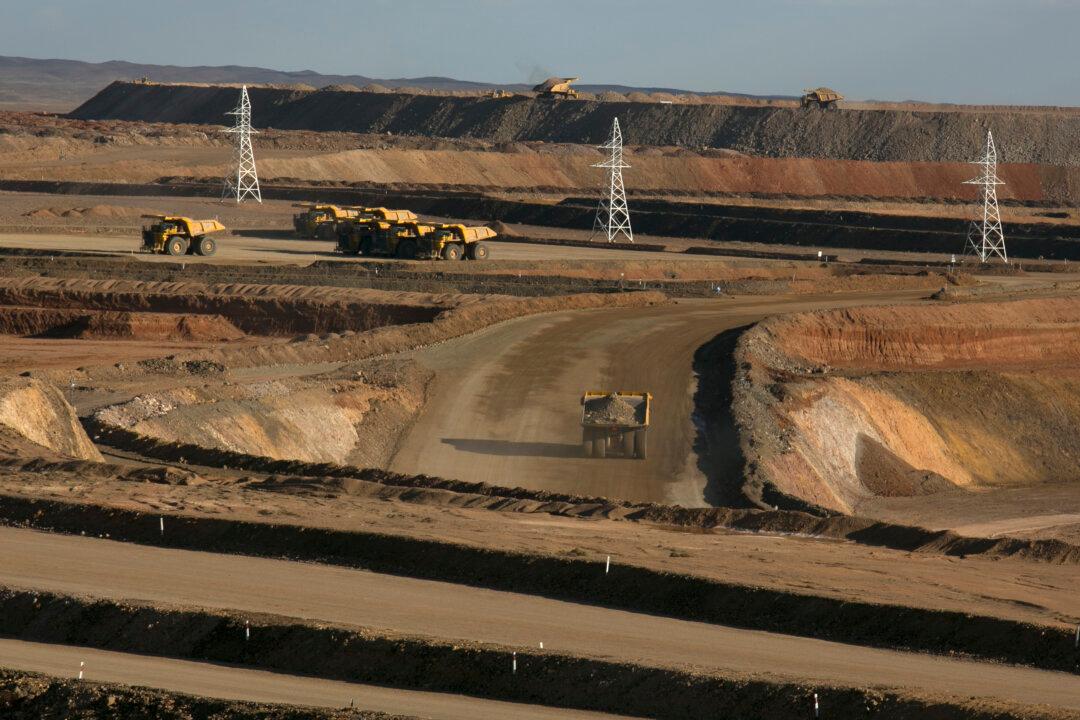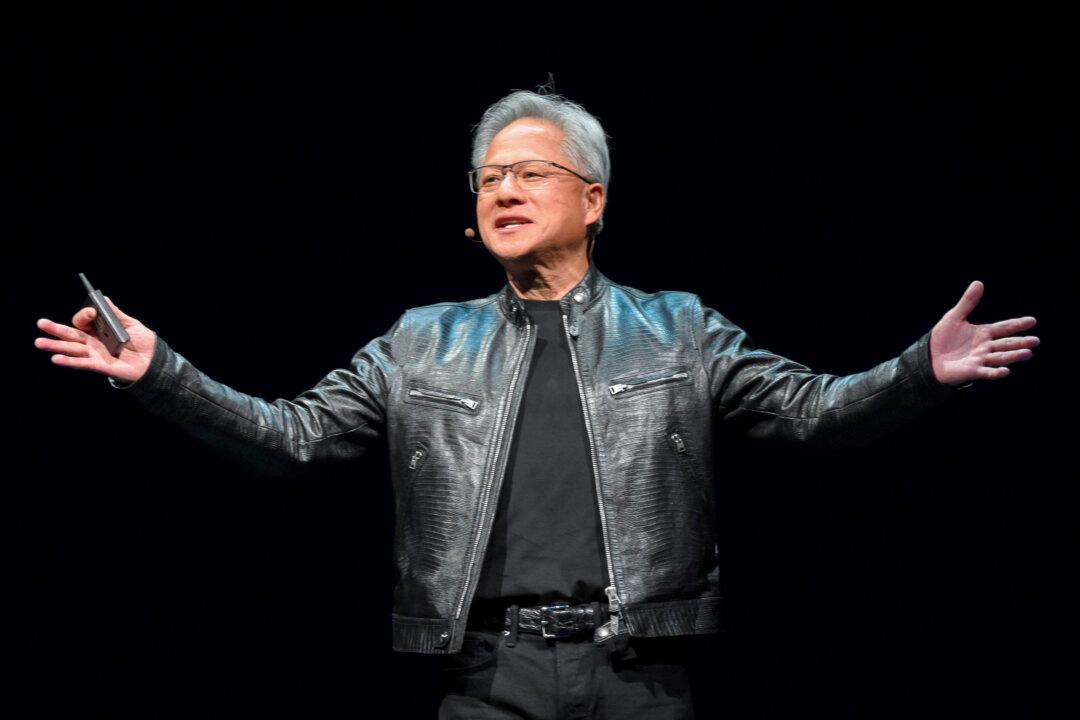Mongolia, a resource-rich country landlocked between China and Russia, is cementing its partnership with the United States on rare earths. Analysts say it is a significant geopolitical move that could break China’s monopoly on rare earth minerals.
Mongolian Prime Minister Oyun-Erdene Luvsannamsrain visited Washington on Aug. 2. One of the main topics discussed during the U.S.-Mongolia bilateral talks was the joint mining of rare earths, including copper.




